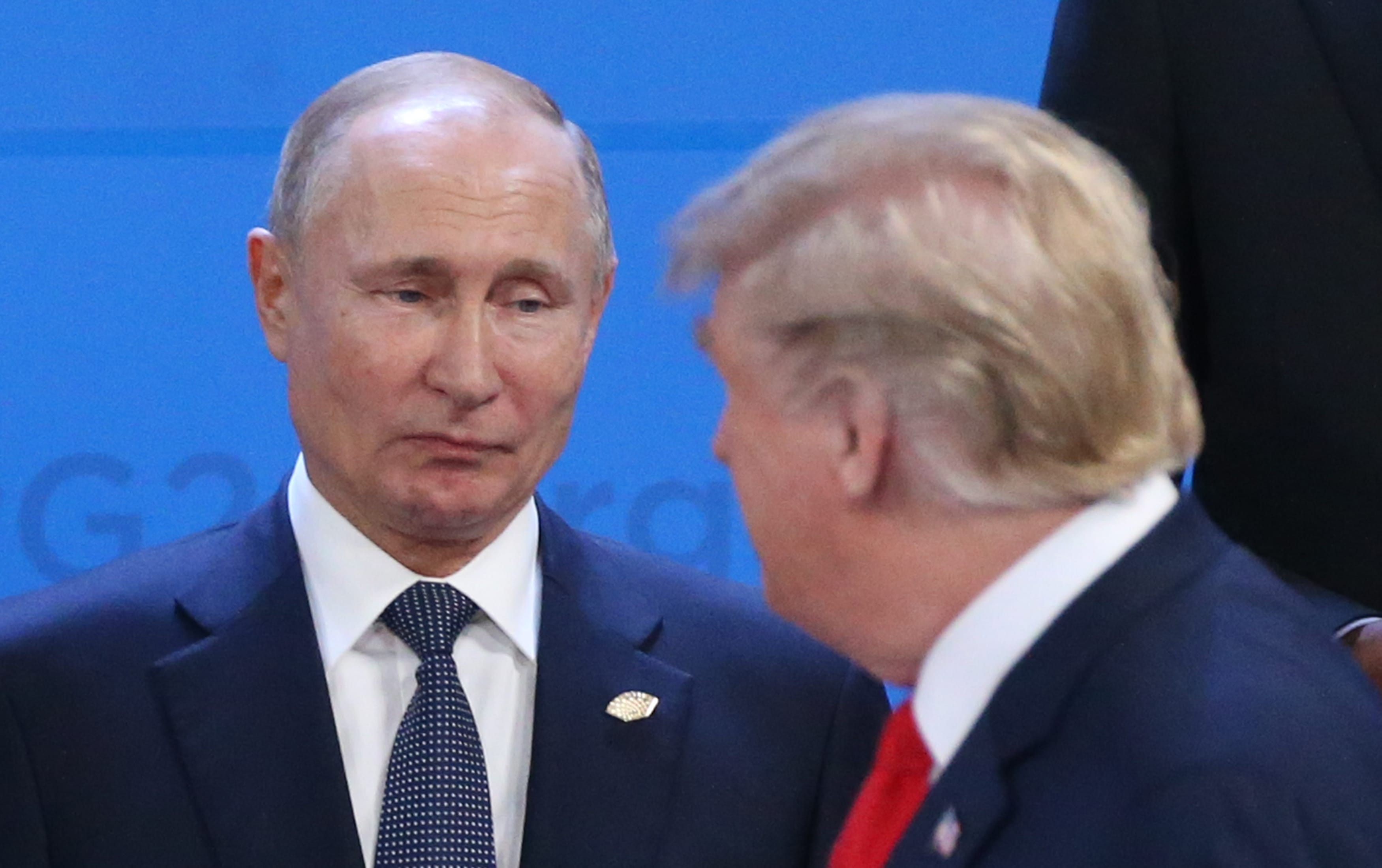

President-elect Donald Trump proposed sweeping new tariffs while on the campaign trail. The self-proclaimed "Tariff Man" has said he could impose such levies on U.S. imports without Congress' approval.
There's debate among economists and other experts as to whether he could do so.
Sen. Rick Scott, R-Fla. — one of three lawmakers vying to succeed Sen. Mitch McConnell, R-KY, as Senate majority leader — suggested Sunday that Trump would probably need Congress' help.
"The tariffs, that most likely is going to require 60 [votes in the Senate] unless there's some way we can get that done through reciliation with 51 [votes]," Scott said on Fox News "Sunday Morning Futures."
Reconciliation is a way to pass tax and spending bills with a simple majority in the Senate. It avoids a filibuster, which requires 60 votes to overcome.
Control of the House of Representatives, which would need to pass such legislation, remains unclear.
A tariff is a tax on imported goods that is generally passed along to the consumer. Trump has vowed across-the-board tariffs of 10% to 20% on all imports arriving into the United States and at least a 60% tariff on Chinese imports.
He's proposed others, too, such as a tariff of at least 200% on vehicles from Mexico, and a similar amount on the company Deere & Co. if it were to shift some production from the U.S. to Mexico.
Economic experts dispute whether Trump's tariff plan, especially the tax on global imports, can be done via executive action.
Alan Wolff, former deputy director-general of the World Trade Organization, wrote in September that "Trump doesn't have the authority to do this."
However, Trump could "assert national security" or use "a lot of different things in the law" to potentially impose across-the-board tariffs, Jason Furman, a Harvard University professor and former chair of the Council of Economic Advisers during the Obama administration, told CNBC.
"Although," he added, "it would all end up in court."











